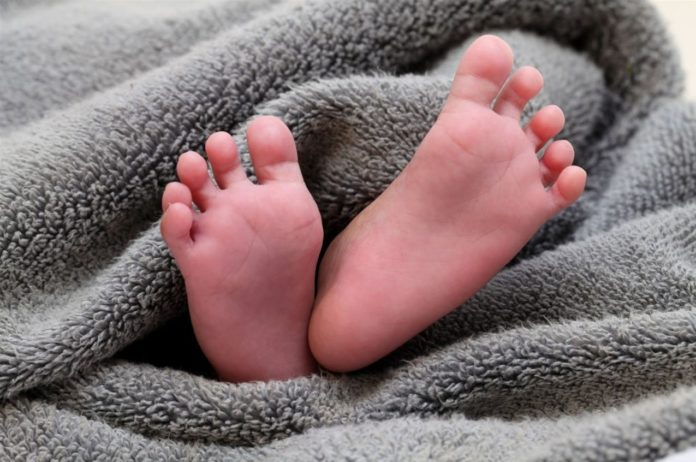Infants born prematurely are at a greater risk of brain injury. Outside the brain, researchers have discovered potential targets for early therapy of such damage: Bacteria in preterm newborns’ guts may play an important function.
The researchers discovered that the bacterium Klebsiella expansion in the gastrointestinal system is linked to an increase in the presence of particular immune cells and the development of neurological impairment in premature neonates.
The early development of the gut, brain, and immune system are all interconnected. This is referred to by researchers as the gut-immune-brain axis. Gut bacteria collaborate with the immune system, which monitors gut microbes and develops appropriate responses to them. Furthermore, the gut communicates with the brain via the vagus nerve as well as the immune system.
“We investigated the role this axis plays in the brain development of extreme preterm infants,” says the first author of the study, David Seki.
“The microorganisms of the gut microbiome — which is a vital collection of hundreds of species of bacteria, fungi, viruses and other microbes — are in equilibrium in healthy people. However, especially in premature babies, whose immune system and microbiome have not been able to develop fully, shifts are quite likely to occur. These shifts may result in negative effects on the brain,” explains the microbiologist and immunologist.
“In fact, we have been able to identify certain patterns in the microbiome and immune response that are clearly linked to the progression and severity of brain injury,” adds David Berry, the head of the research group.
“Crucially, such patterns often show up prior to changes in the brain. This suggests a critical time window during which brain damage of extremely premature infants may be prevented from worsening or even avoided.”
Starting points for the development of appropriate therapies are provided by the biomarkers that the interdisciplinary team was able to identify.
“Our data show that excessive growth of the bacterium Klebsiella and the associated elevated ??-T-cell levels can apparently exacerbate brain damage,” explains Lukas Wisgrill, Neonatologist from the Division of Neonatology, Pediatric Intensive Care Medicine and Neuropediatrics at the Department of Pediatric and Adolescent Medicine at the Medical University of Vienna.
“We were able to track down these patterns because, for a very specific group of newborns, for the first time we explored in detail how the gut microbiome, the immune system and the brain develop and how they interact in this process,” he adds.
The study monitored a total of 60 premature infants, born before 28 weeks gestation and weighing less than 1 kilogram, for several weeks or even months. Using state-of-the-art methods — the team examined the microbiome using 16S rRNA gene sequencing, among other methods — the researchers analysed blood and stool samples, brain wave recordings (e.g. aEEG) and MRI images of the infants’ brains.
The study, which is an inter-university clusterproject under the joint leadership by Angelika Berger (Medical University of Vienna) and David Berry (University of Vienna), is the starting point for a research project that will investigate the microbiome and its significance for the neurological development of prematurely born children even more thoroughly.
In addition, the researchers will continue to follow the children of the initial study.
“How the children’s motoric and cognitive skills develop only becomes apparent over several years,” explains Angelika Berger.
“We aim to understand how this very early development of the gut-immune-brain axis plays out in the long term. ”
The most important cooperation partners for the project are already on board: “The children’s parents have supported us in the study with great interest and openness,” says David Seki.
“Ultimately, this is the only reason we were able to gain these important insights. We are very grateful for that.”
Image Credit: iStock
